An Awesome Partner
We’re so thankful for Missionary Flights International (MFI)! Without this mission organization, we could not ship Thompson Bibles, course workbooks and other training materials into Haiti. We also would have a difficult time flying in and out of Haiti ourselves. MFI, quite literally, provides one of our last links right now to church leaders, churches and communities in Haiti, dear people who need encouragement, training and resources.
Joe Karabensh, president of MFI recently summarized the realities of travel to Haiti:
“Last fall MFI had to discontinue flights to Port-au-Prince, Haiti, when the airport was shut down due to three major airlines [American, JetBlue and Spirit] receiving bullet holes in their aircraft from gang members. For over six months now there has been an FAA ban on flights to Haiti’s capital city, but MFI continues to fly needed mission personnel [including PPI!] and supplies to airports in the north and Haiti’s central plateau. As gang violence escalates across Haiti, more than one million people are now displaced, many for the second or third time as gang activity spreads. With critical shortages of food, clean water, medicine, and hospital care, the country faces a growing humanitarian crisis.
“In these dark times, MFI remains a steadfast lifeline for over 600 Bible-centered organizations [including PPI!] working tirelessly to share the Hope of the Gospel throughout the Caribbean Basin. By God’s grace, and through the faithful support of our donors, MFI continues to serve those who are serving on the front lines.”
CLICK HERE to learn more about and give to MFI. They are worthy of your support!
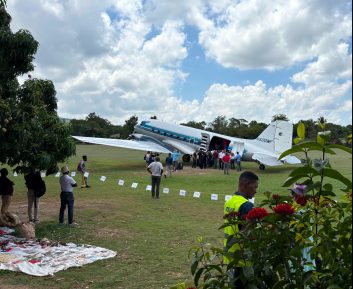
Pray for This Trip
I return to Haiti in 10 days (on MFI) where our team will lead three PPI courses in two northeastern cities. We’re excited to offer Course 5, Leading Jesus’ Church – Leaders and Organization, for the first time! Many pastors have waited eagerly for our second course on church leadership, and we are praying God uses this study to strengthen church leaders and the church in impacting their communities through good deeds and the Good News. Please pray with us!
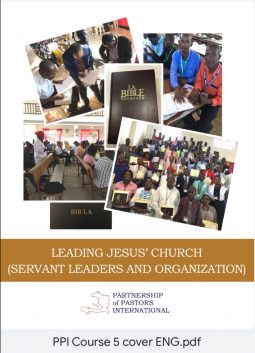
A few other praises and prayer requests:
* Thank the Lord for MFI and our ability to continue to travel in and out of Haiti.
* Praise God for widespread desire of pastors to participate in PPI training. God is giving us favor and much fruit right now!
* Thank the Lord for the completion and translation of Course 5.
* Ask the Lord to strengthen and protect our ministry team as we lead training in July-August. Without Him, we can do nothing that lasts for eternity.
* Ask the Lord to give church leaders eager, open hearts as we study God’s Word together and talk practically about its implications for our families, churches and communities.
* Ask the Lord to move the FAA to approve MFI’s third DC-3 by July 31. MFI needs their third DC-3 flying by early August to meet the present demand for passenger and cargo flights to Haiti. Without this third plane flying, I may need to find another way back to the U.S. in August! 🙂
The Lord’s blessings to all of you and your families. Thank you for praying for and partnering with us!
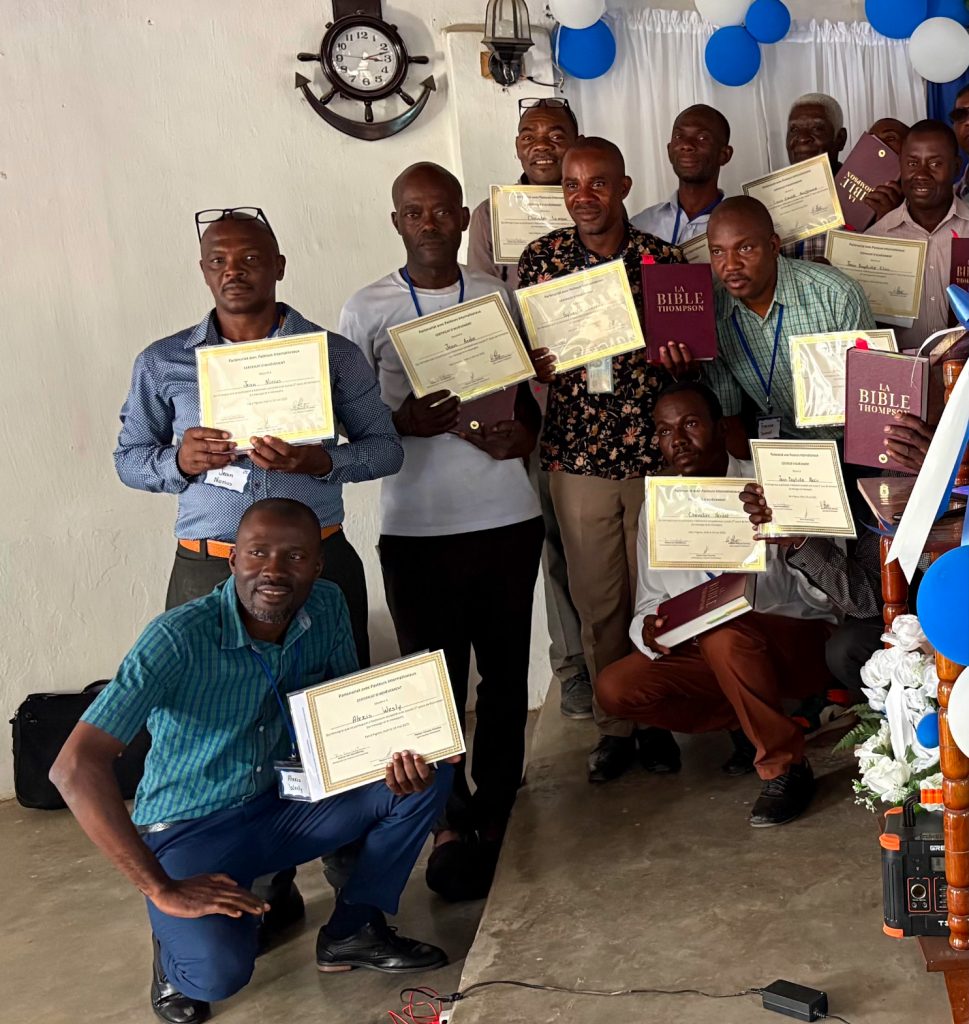
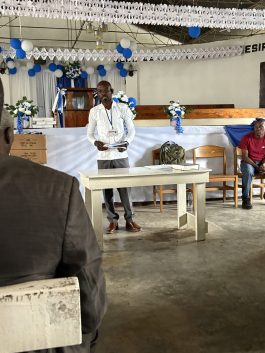
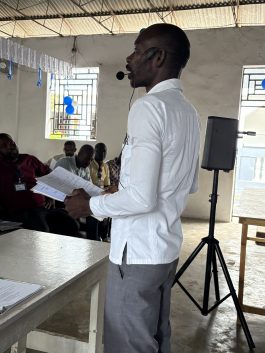
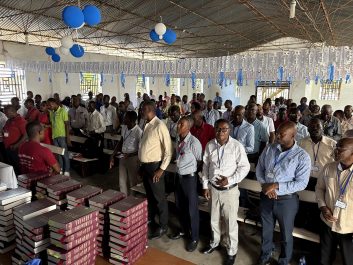
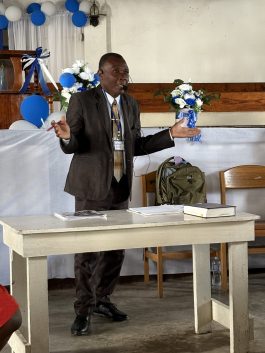
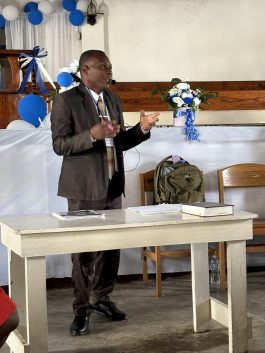
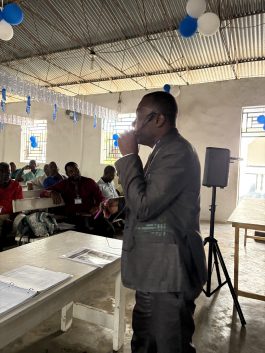
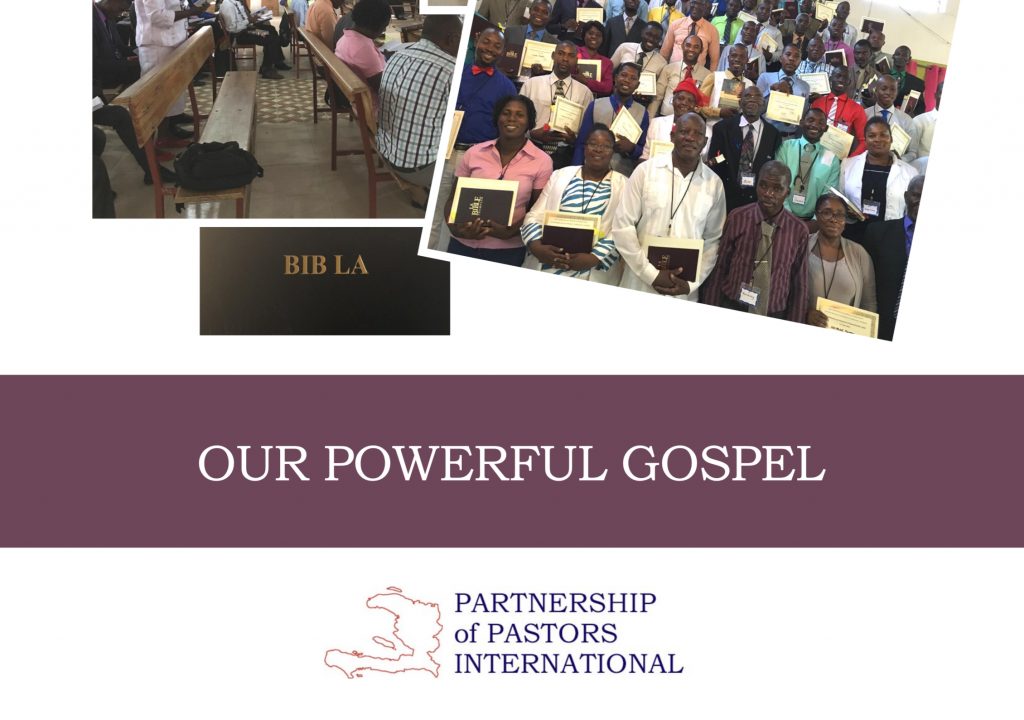

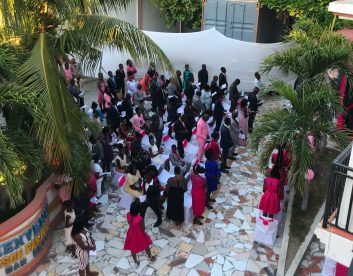 have a creative solution to this problem. They organize weddings for several couples at a time and help them with the cost of wedding clothes and food. Brilliant!
have a creative solution to this problem. They organize weddings for several couples at a time and help them with the cost of wedding clothes and food. Brilliant! 2. Donate your drum kick to a Haitian church.
2. Donate your drum kick to a Haitian church.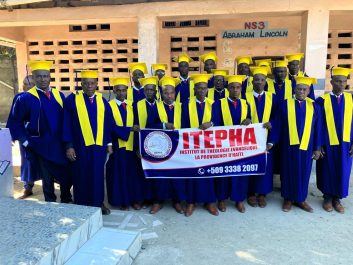 Evangelical Theological Institute of Haiti (ITEPHA) is the only college of its kind in northeastern Haiti, and it’s doing well!
Evangelical Theological Institute of Haiti (ITEPHA) is the only college of its kind in northeastern Haiti, and it’s doing well!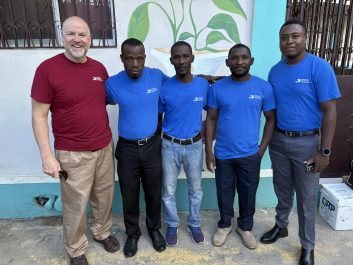
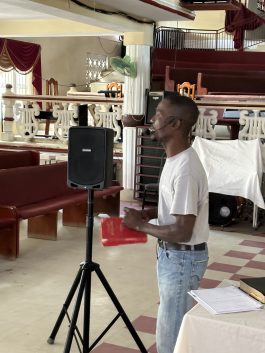
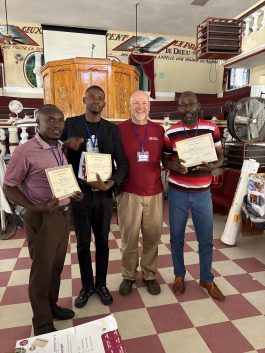 We tell pastors that making disciples is Job One for the church and that church leaders must exemplify disciple-making as well as teach it. Modie’s pastor did that. He opened his heart and his home to a boy from the streets. He loved him, won him to Christ and discipled him over many years. That boy was Modie. God changed his life and now he loves Jesus and serves faithfully in His mission – a perfect picture of what we teach church leaders in Course 3. May God use this course to inspire and equip church leaders to devote themselves to making disciples in Haiti!
We tell pastors that making disciples is Job One for the church and that church leaders must exemplify disciple-making as well as teach it. Modie’s pastor did that. He opened his heart and his home to a boy from the streets. He loved him, won him to Christ and discipled him over many years. That boy was Modie. God changed his life and now he loves Jesus and serves faithfully in His mission – a perfect picture of what we teach church leaders in Course 3. May God use this course to inspire and equip church leaders to devote themselves to making disciples in Haiti!